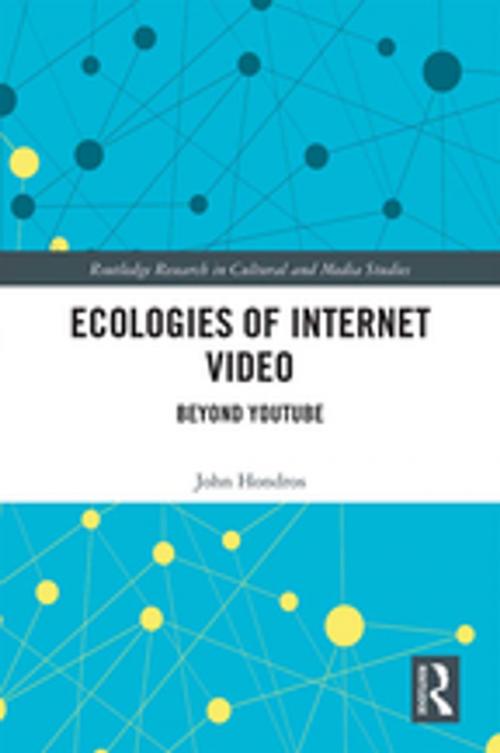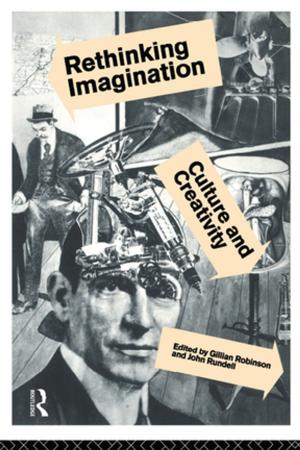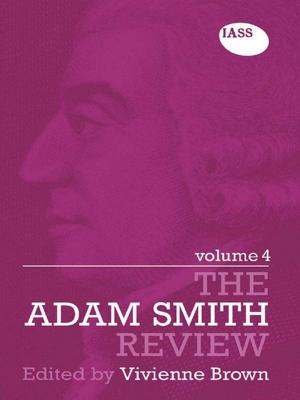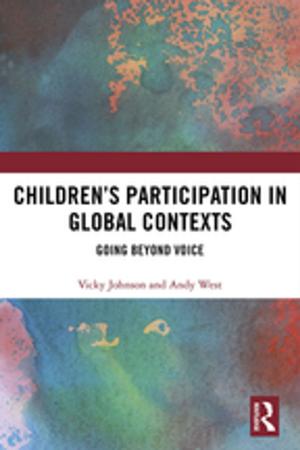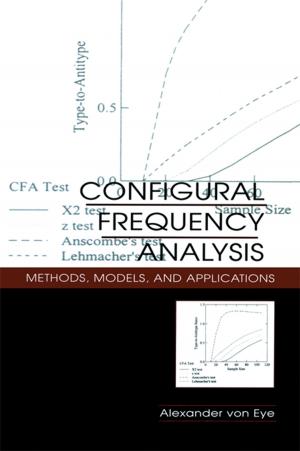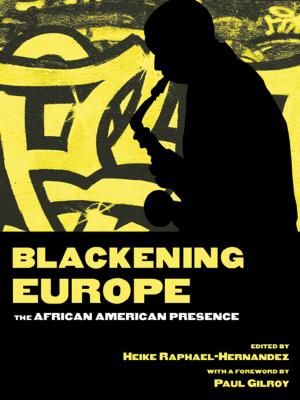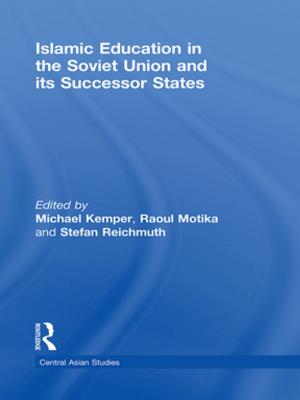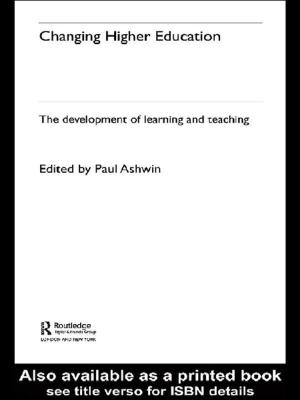Ecologies of Internet Video
Beyond YouTube
Nonfiction, Entertainment, Performing Arts, Film, Social & Cultural Studies, Social Science| Author: | John Hondros | ISBN: | 9781351716390 |
| Publisher: | Taylor and Francis | Publication: | May 24, 2018 |
| Imprint: | Routledge | Language: | English |
| Author: | John Hondros |
| ISBN: | 9781351716390 |
| Publisher: | Taylor and Francis |
| Publication: | May 24, 2018 |
| Imprint: | Routledge |
| Language: | English |
This book explores the complex, dynamic, and contested webs of relationships in which three different groups of video makers found themselves when distributing their work on the Internet. It draws upon both the Deleuzian notion of "assemblage" and Actor-Network Theory, which together provide a rich conceptual framework for characterizing and analysing these webs. The groups examined are a UK video activist project, a community of film and television fans originating in the US, and an association of US community television producers.
Rather than taking YouTube as its point of departure, this book centres on the groups themselves, contextualizing their contemporary distribution practices within their pre-Internet histories. It then follows the groups as they drew upon various Internet technologies beyond YouTube to create their often-complex video distribution assemblages, a process that entangled them in these webs of relationships.
Through the analysis of detailed ethnographic fieldwork conducted across a period of several years, this book demonstrates that while the groups found some success in achieving their various goals as video makers, their situations were often problematic and their agency limited, with their practices contested by both human and technological actors within their distribution assemblages.
This book explores the complex, dynamic, and contested webs of relationships in which three different groups of video makers found themselves when distributing their work on the Internet. It draws upon both the Deleuzian notion of "assemblage" and Actor-Network Theory, which together provide a rich conceptual framework for characterizing and analysing these webs. The groups examined are a UK video activist project, a community of film and television fans originating in the US, and an association of US community television producers.
Rather than taking YouTube as its point of departure, this book centres on the groups themselves, contextualizing their contemporary distribution practices within their pre-Internet histories. It then follows the groups as they drew upon various Internet technologies beyond YouTube to create their often-complex video distribution assemblages, a process that entangled them in these webs of relationships.
Through the analysis of detailed ethnographic fieldwork conducted across a period of several years, this book demonstrates that while the groups found some success in achieving their various goals as video makers, their situations were often problematic and their agency limited, with their practices contested by both human and technological actors within their distribution assemblages.
